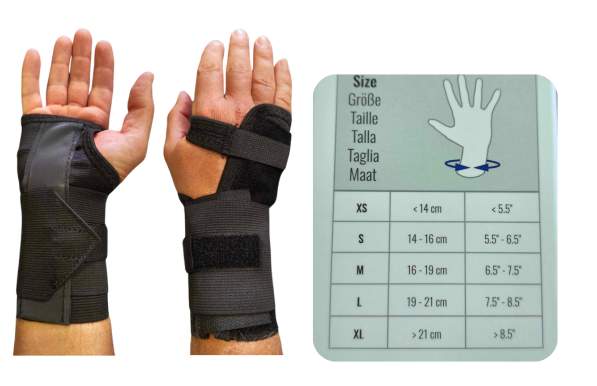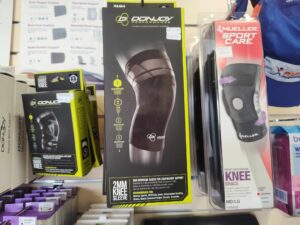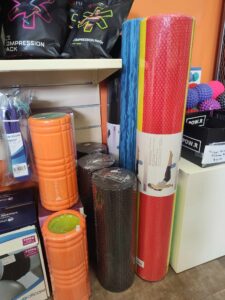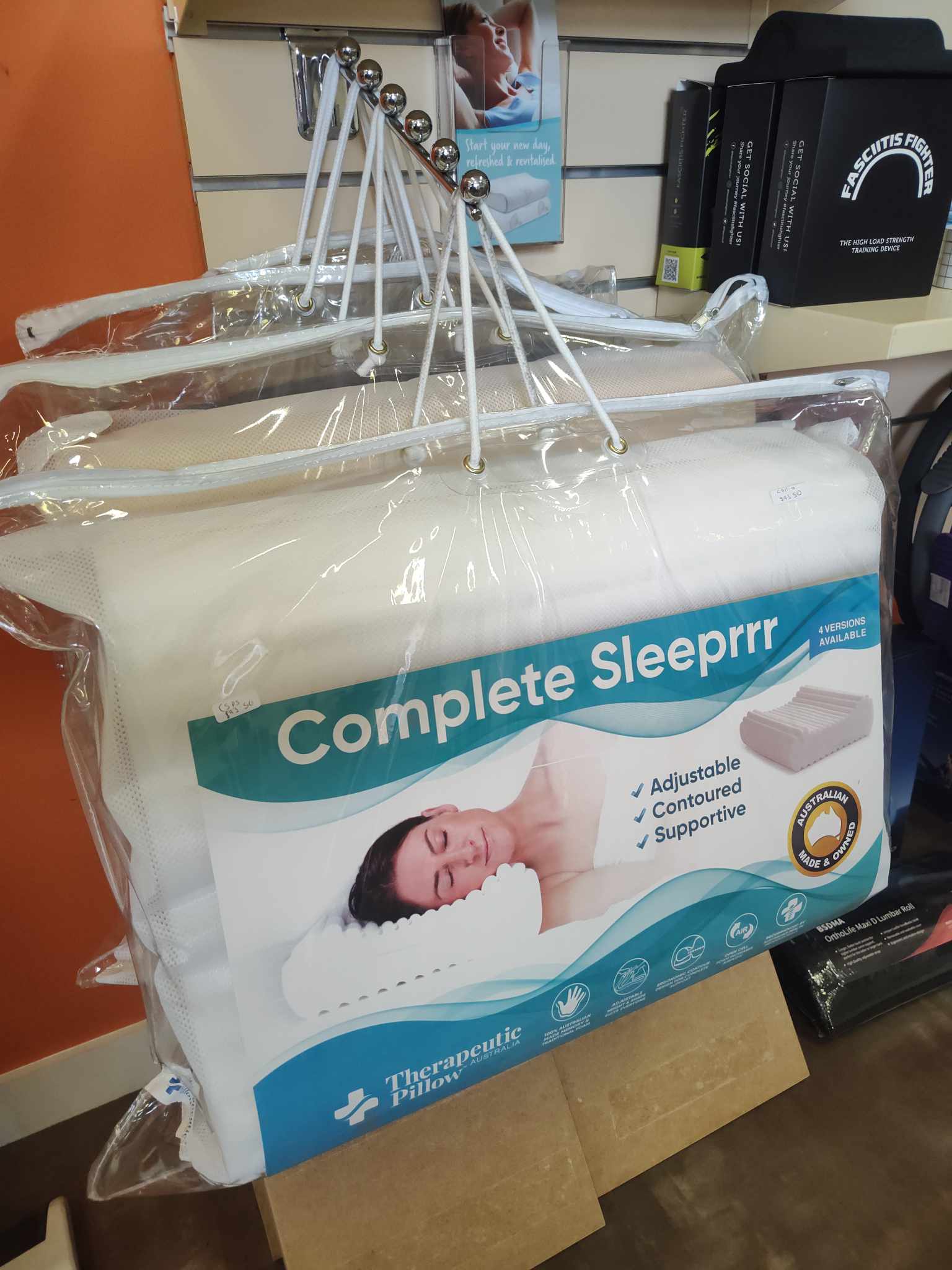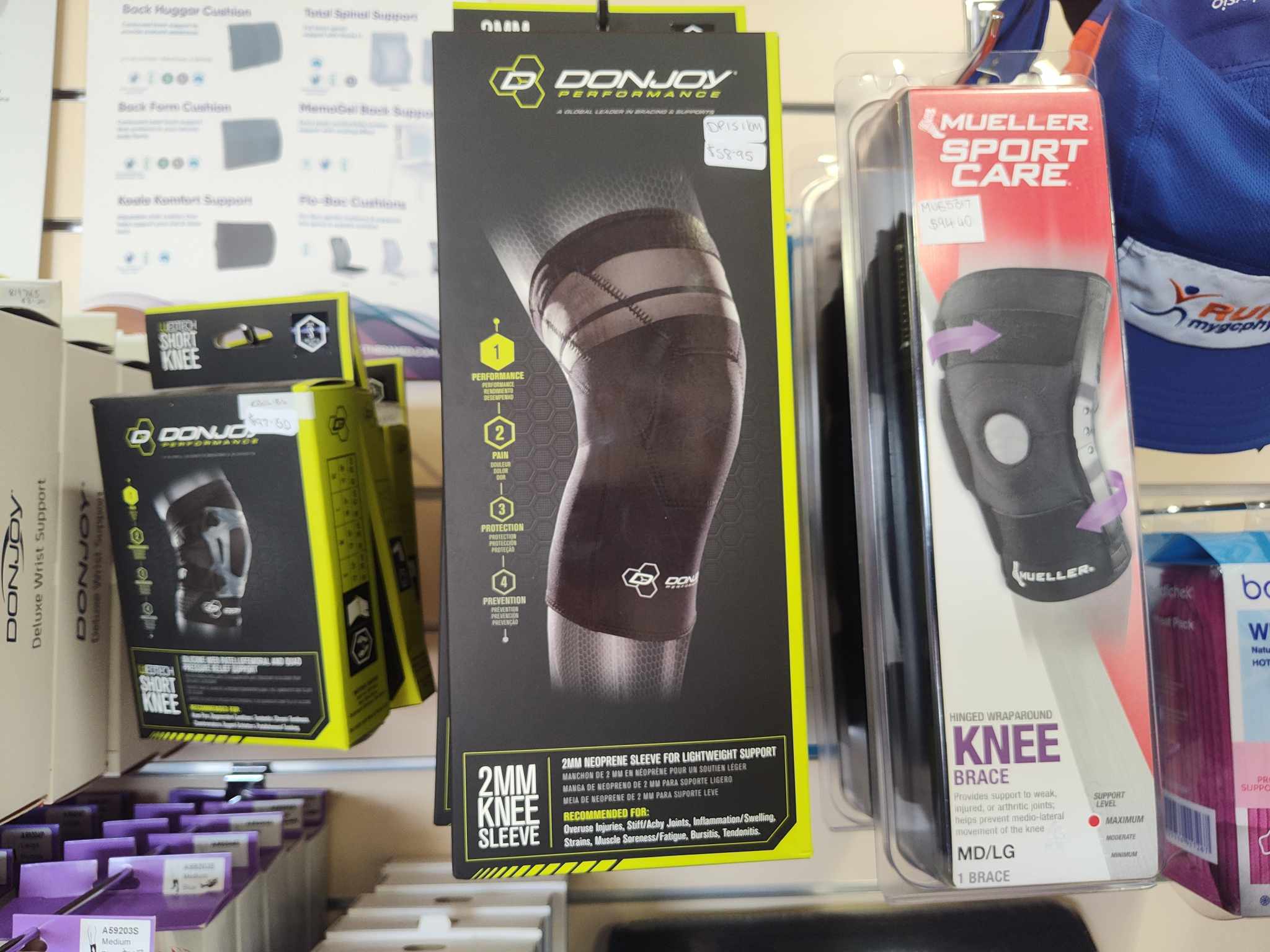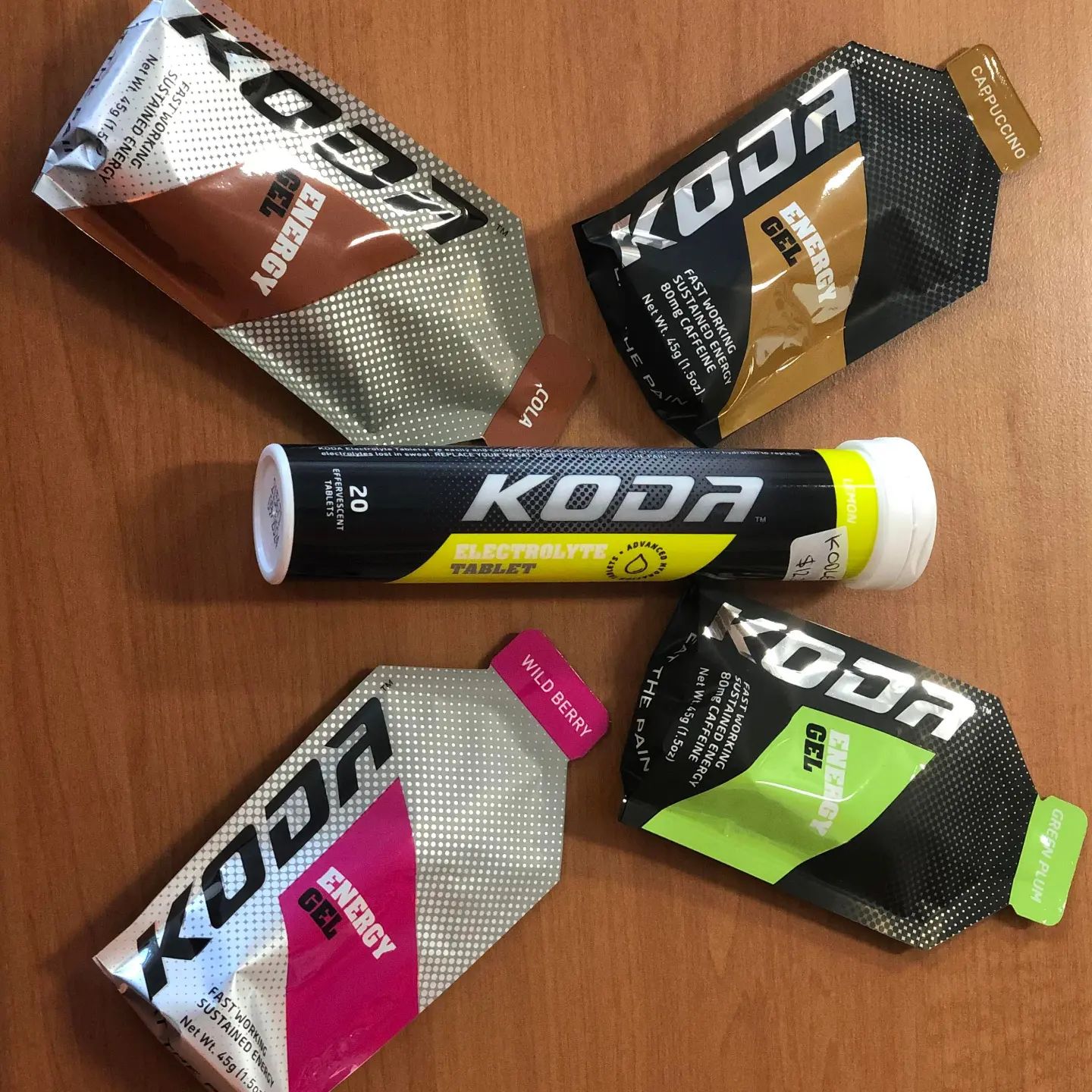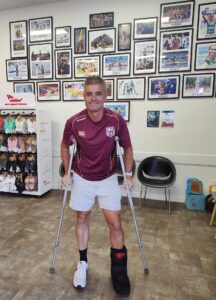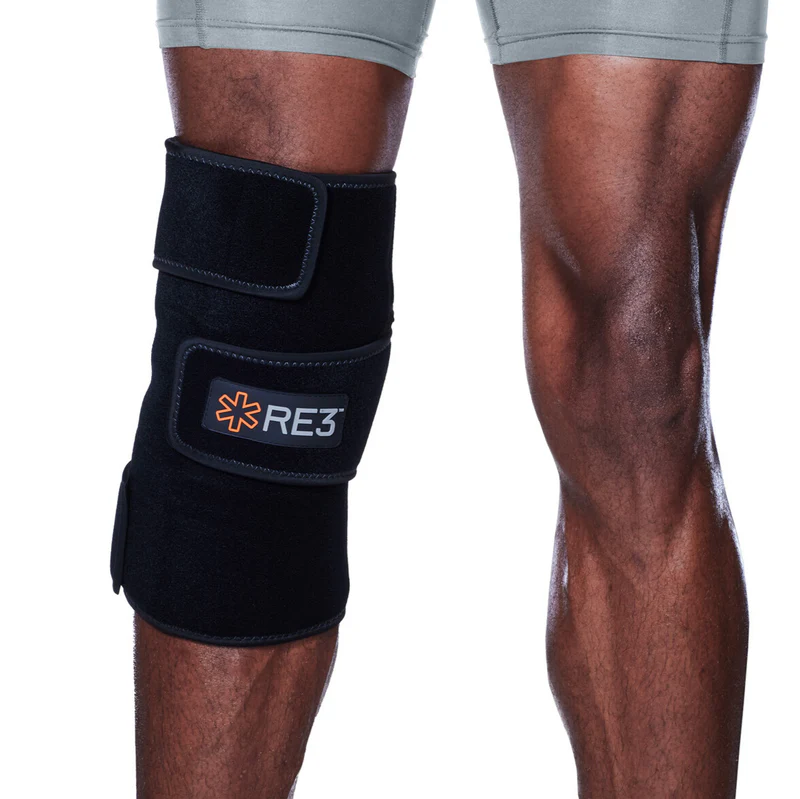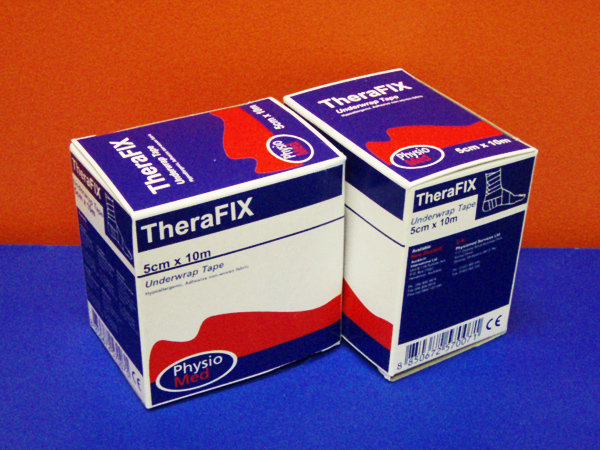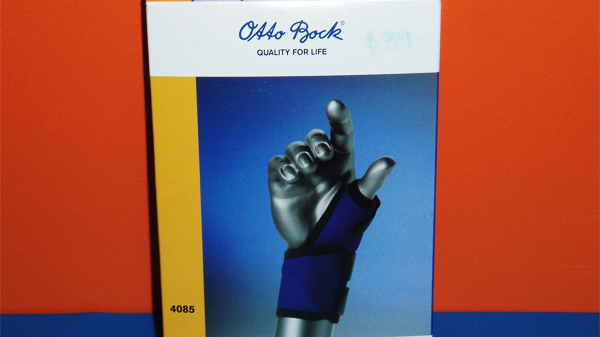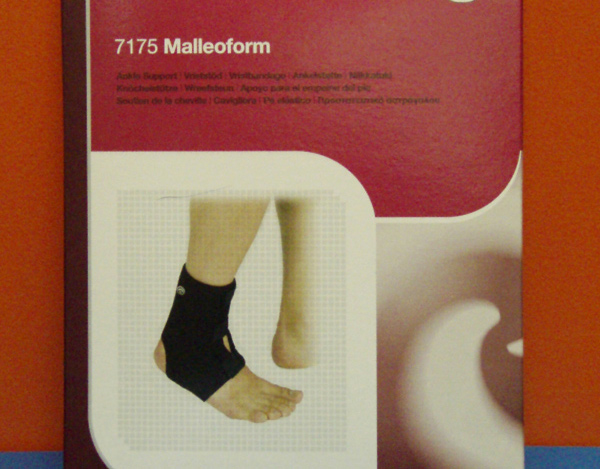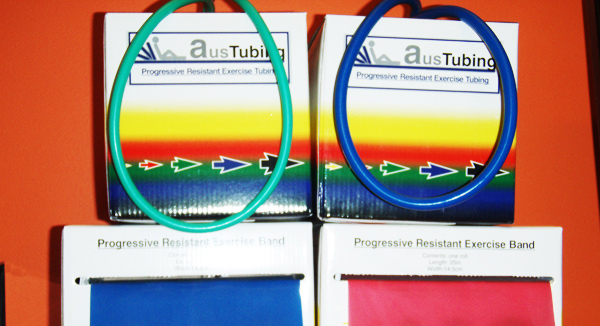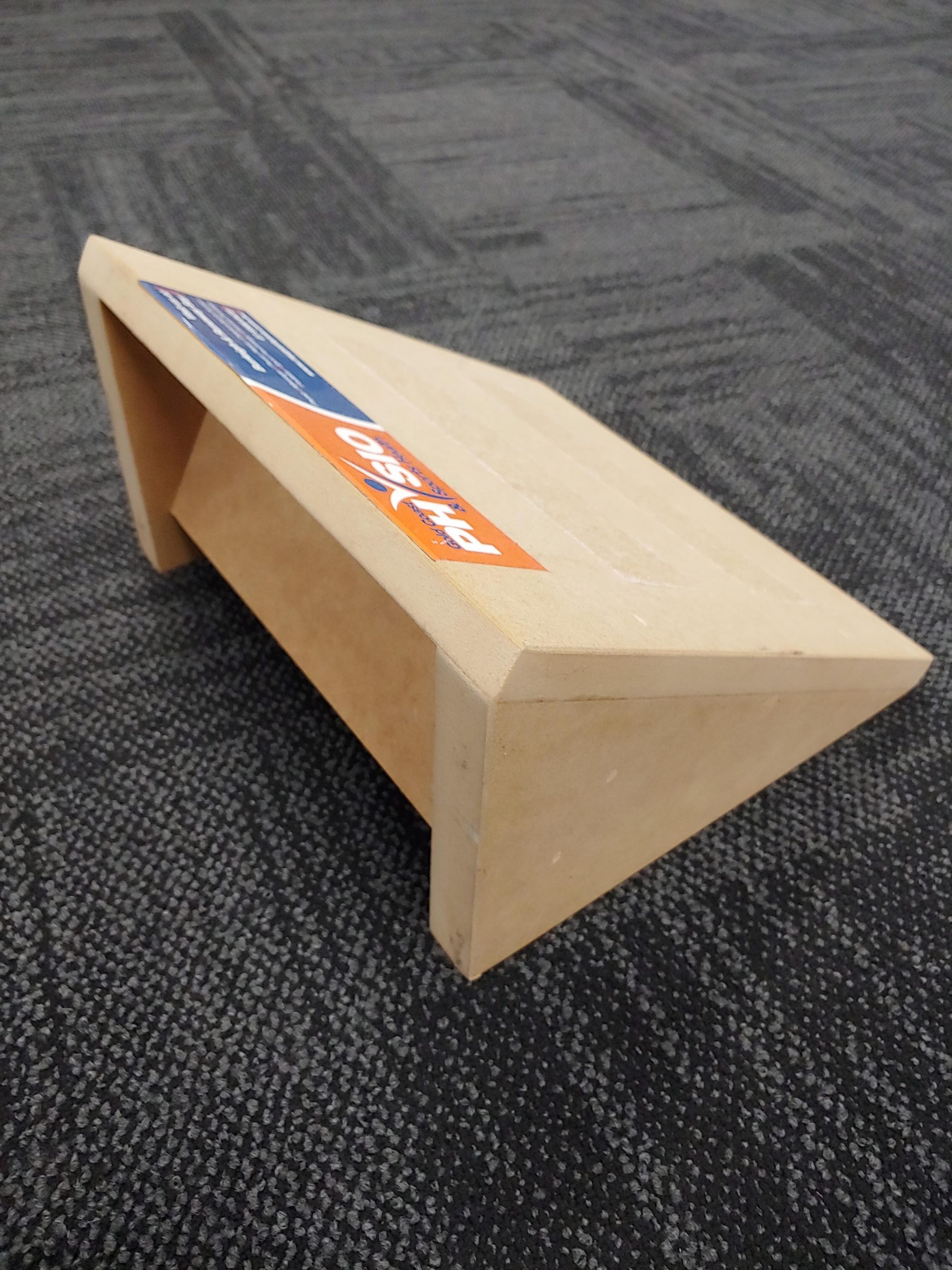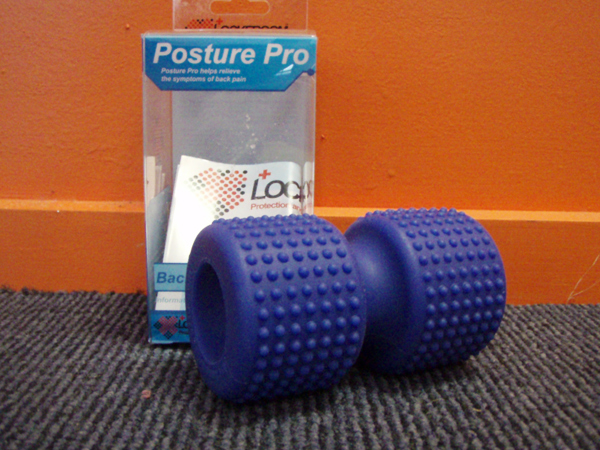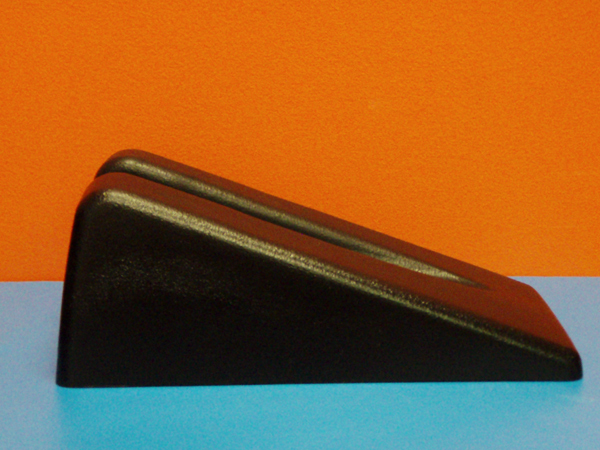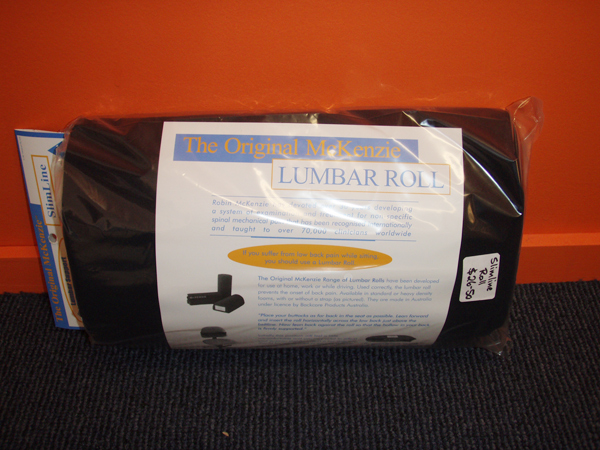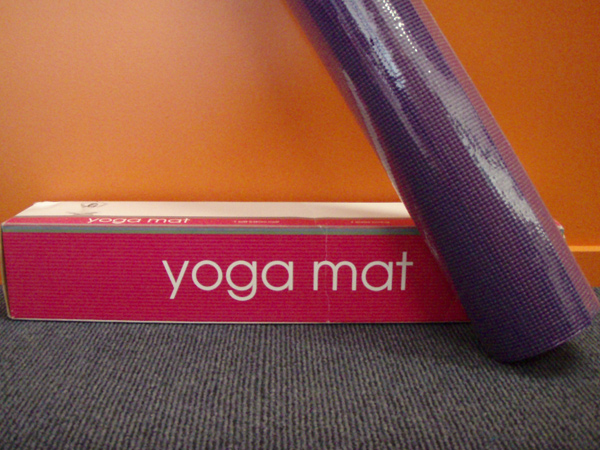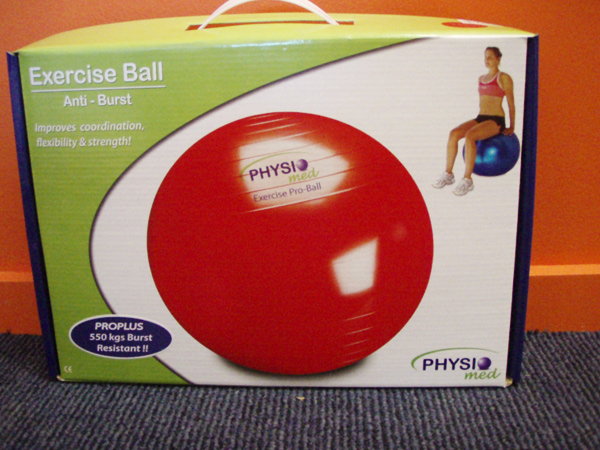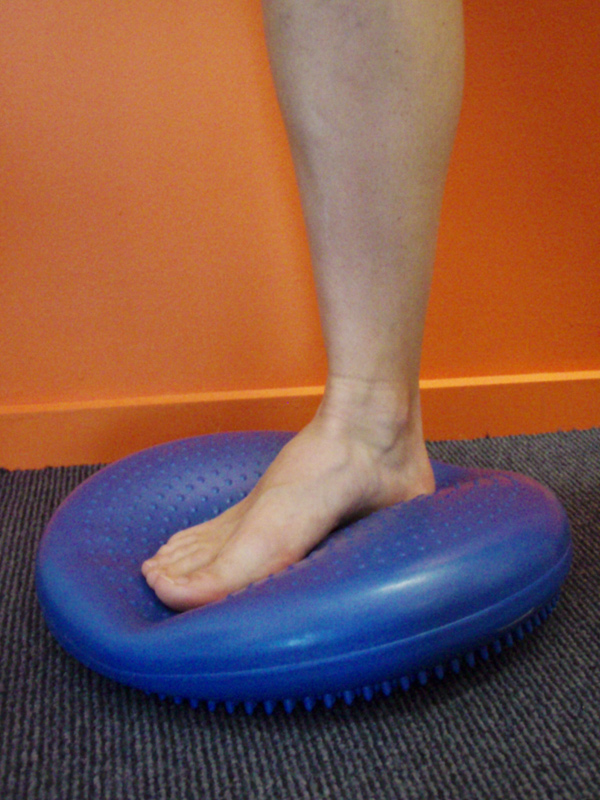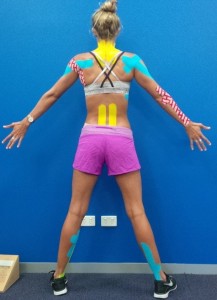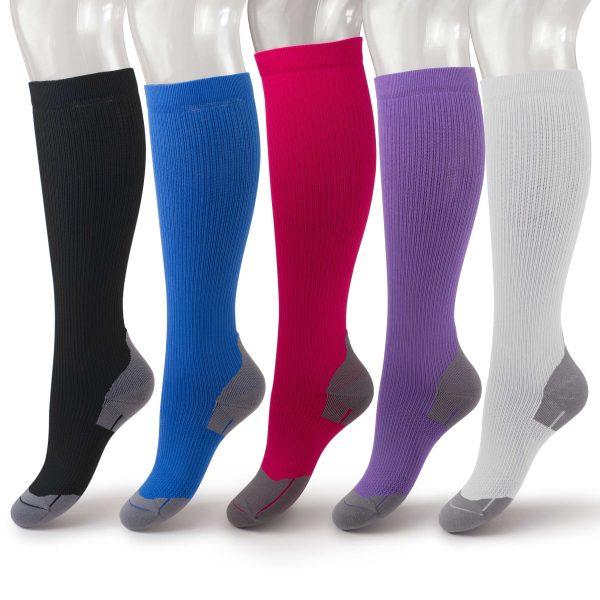TRIGGER POINT THERAPY
Written by Lynne Gillogly Remedial Massage Therapist
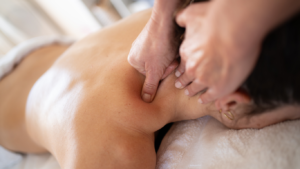 WHAT ARE TRIGGER POINTS?
WHAT ARE TRIGGER POINTS?
Trigger points, or a type of muscle stiffness commonly referred to as “knots”, are the result of tiny contraction knots that develop in muscle and tissue when an area of the body is injured or overworked. A hallmark of a trigger point is something called “referred” pain. This means that trigger points typically send their pain to some other place in the body, which is why conventional treatments for the area where the pain is felt may be not effective.
WHAT CAUSES A TRIGGER POINT?
Trigger points can occur as a result of muscle trauma ( from sports and work related injuries, falls and car accidents), muscle strain from repetitive movements at work or at play, postural strain from standing or sitting improperly for long periods of time (for example, at the computer), emotional stress, anxiety, allergies, nutritional deficiencies, or part of the inflammatory response and toxins in the environment. A single event can initiate a trigger point, and you can suffer the effects for the rest of your life if that trigger point is not addressed properly.
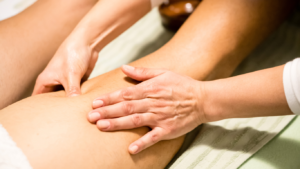 WHY TRIGGER POINTS CAUSE TROUBLE
WHY TRIGGER POINTS CAUSE TROUBLE
A Trigger point itself causes pain and discomfort. Your body’s instinctive reaction to pain or a harmful event is to protect itself. It does that by altering the way you move, sit or stand, which puts abnormal stress on your muscles, tendons, ligaments and joints. This produces strength and flexibility imbalances in your muscles, as well as postural dysfunctions throughout your body.
WHY YOU MAY BE SUFFERING
To better illustrate the process, here is an example of how one trigger point in one muscle can cause back pain, sciatica, or a herniated disc. The most common place for a trigger point is in the muscle of the lower back called the quadratus lumborum (QL), which is a broad muscle located just above your hips on each side of your spine. Regardless of what kind of event sparks the trigger point, a trigger in your QL can gradually cause your movements and posture to become dysfunctional – that is , the QL on affected can tighten and shorten and cause further compensation and effects on your posture. And as you limit it’s use it can also weaken.
As the QL becomes increasingly dysfunctional, it will alter the position of the pelvis and ribs and spine. As the pelvis becomes dysfunctional, it will force the spine into an abnormal curvature that will put abnormal pressure on the disc between the vertebrae. Over time the disc can begin to bulge. This situation can get progressively worse, affecting your overall quality of life.
DO YOU HAVE TRIGGER POINTS?
Everyone has trigger points, the question is the degree. If you have lingering pain, tightness, or restriction of certain movement, it is a good bet that you are experiencing the effects of a trigger point. Trigger points may produce symptoms as diverse as dizziness, earaches, sinusitis, nausea, heartburn, false heart pain, numbness in the hands and feet.
Trigger points can bring on headaches, neck and jaw pain, lower back pain, sciatica, tennis elbow, carpul tunnel syndrome – you name it. They can be the source of joint pain in the shoulder, wrist, hip, knee, and ankle that is often mistaken for arthritis, tendon pain, bursitis or ligament injury in some cases.
GETTING RELIEF FROM TRIGGER POINT THERAPY
Trigger point therapy involves sustained pressure on the area for a set period of time, and doing this on a regular basis. As the pressure is applied the Trigger Point releases allowing the release of tension, improved blood flow and improved flexibility in the area.
I have been incorporating Trigger Point Therapy with my massages for the last 19 years and it has proven to be very successful. All Therapists at Gold Coast Physio & Sports Health are very experienced in the use of Trigger Point Therapy within their consults and can also teach you how to perform self-trigger-point-therapy as part of your weekly body maintenance.
Our Massage therapists are available for consult at Burleigh and Ashmore clinics, book online or call us:- 07 5500 6470

